#Plutarch
Text
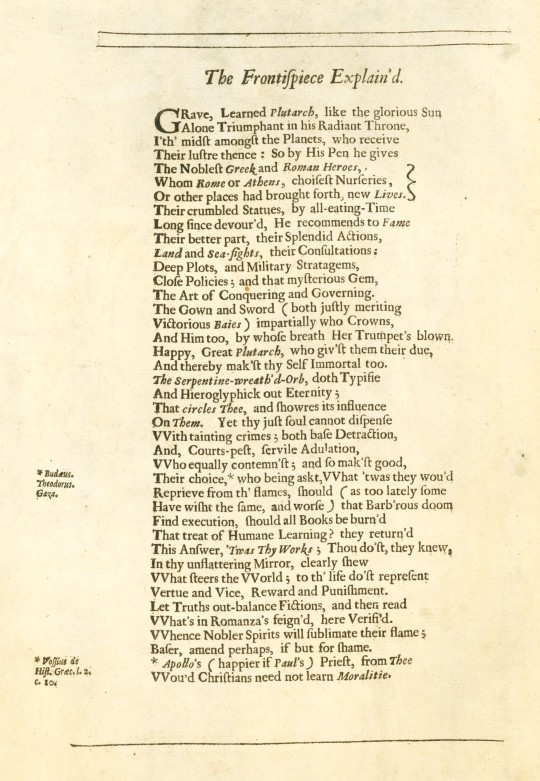
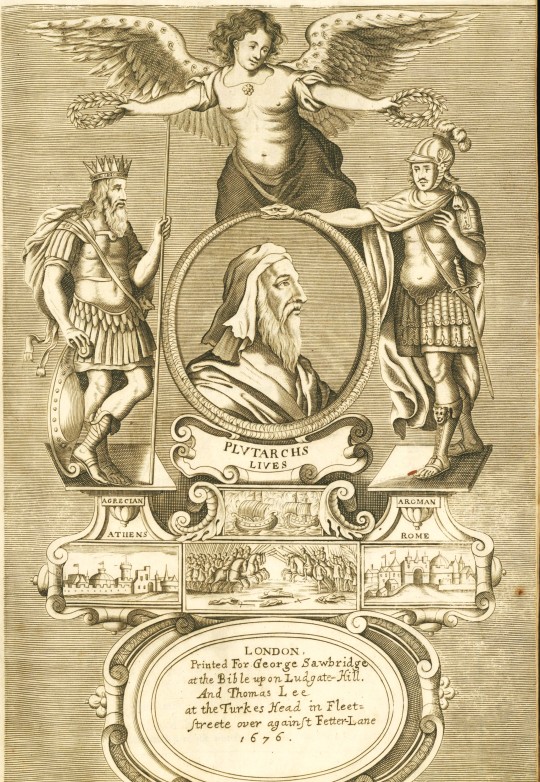

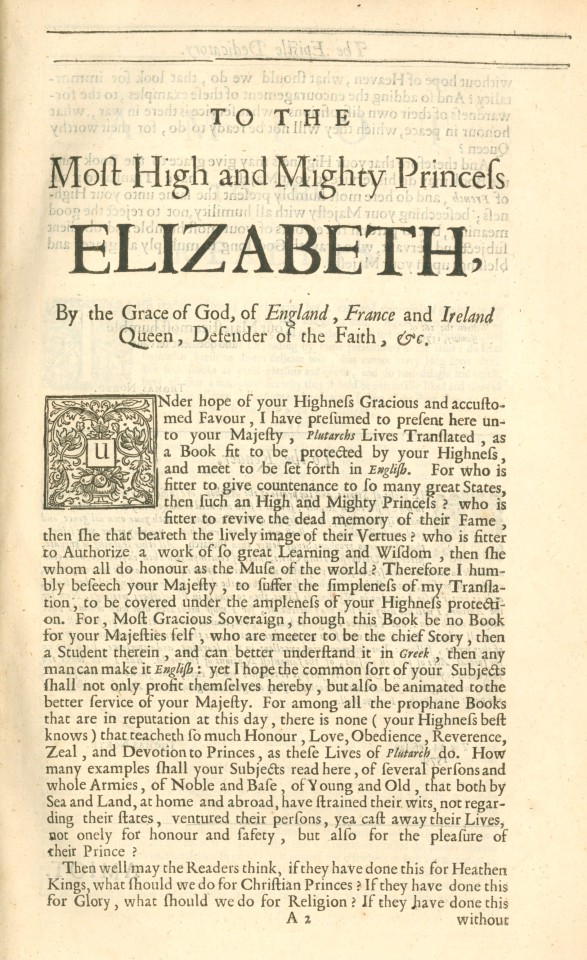

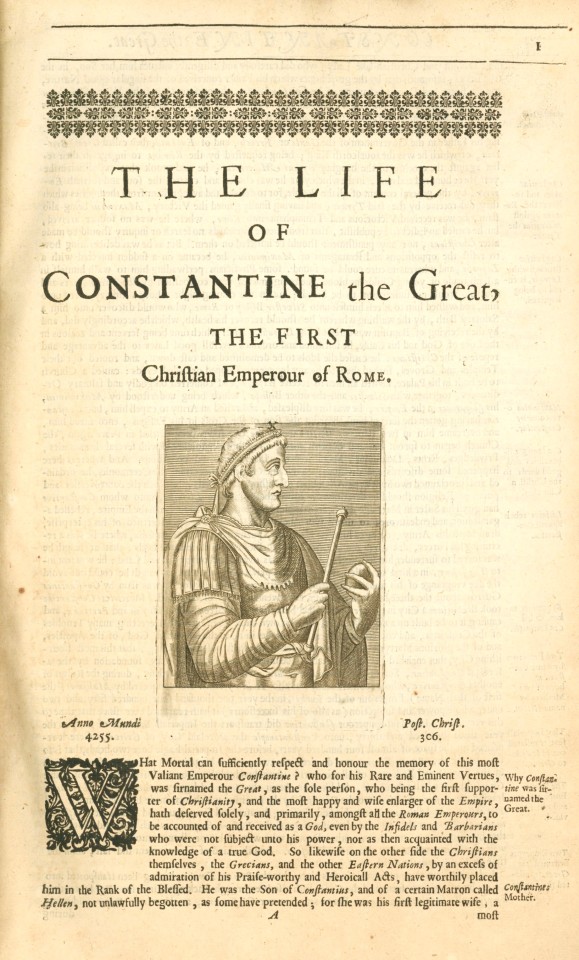

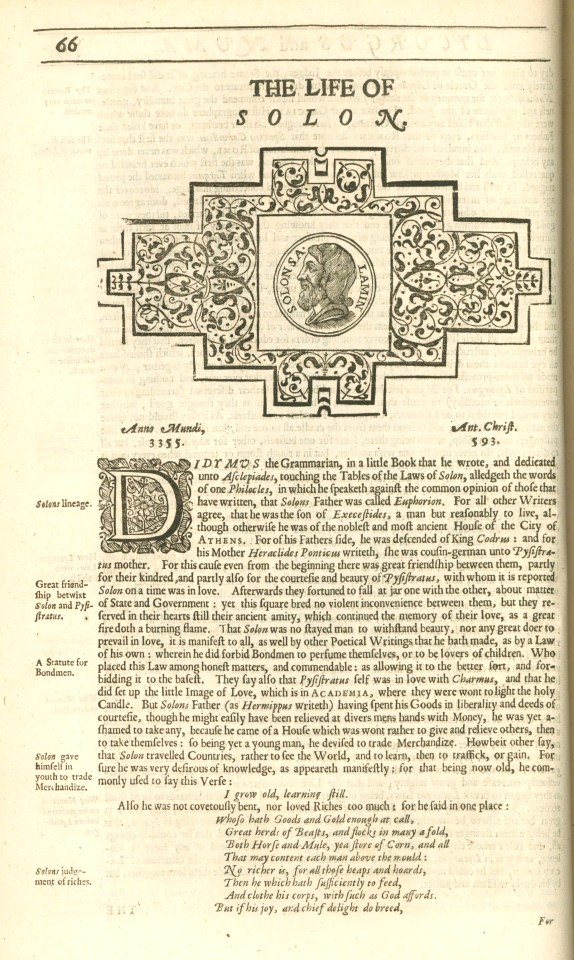
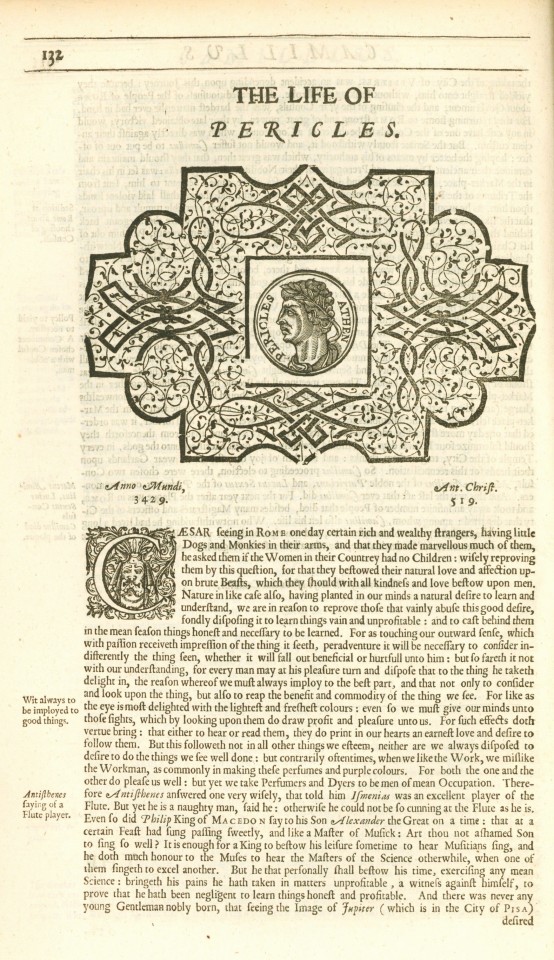
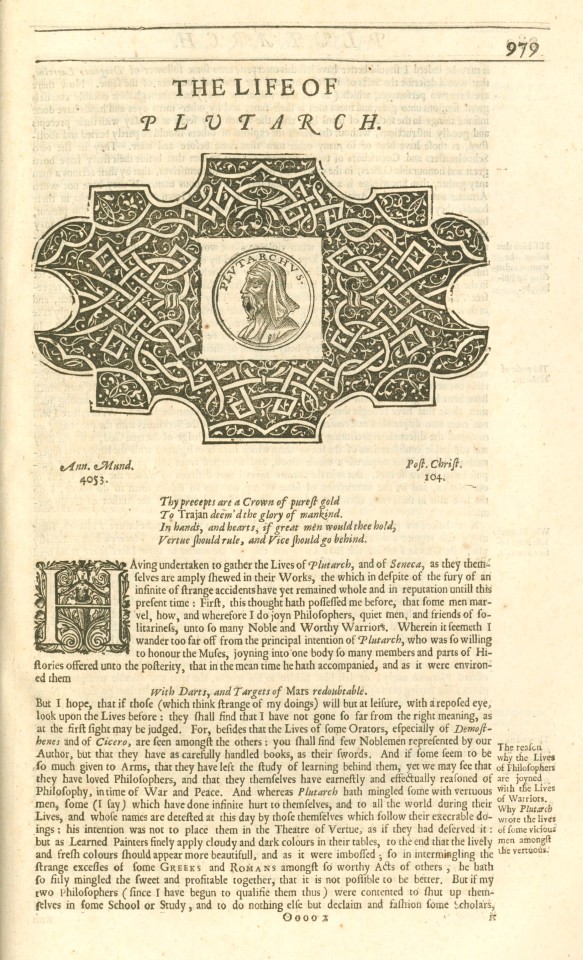
Classic Profiles
This is a 1676 edition of The Lives of the Noble Grecians and Romans, compared together by the 1st-century BCE Greek philosopher and historian Plutarch of Chaeronea, printed by the printer to the University of Cambridge John Hayes for the bookseller George Sawbridge. Originally written in Greek, Plutarch's Lives appeared in print for the first time as a Latin translation in 1470, and this English translation by Sir Thomas North was first published in 1579 from a French translation by James Amiot (Jacques Amyot). The text is a collection biographies of famous Greeks and Romans, including Alexander the Great, Pericles, Tiberius Gracchus, and Cicero. These figures left an indelible mark on history, their lives and achievements shaping the world as we know it.
Sir Thomas North (1535 – c. 1604) was an English translator and lawyer significantly contributing to English literature. His translation of Plutarch's Lives served as the primary source text for William Shakespeare's Roman plays, a testament to his work's enduring influence. This translation is regarded as one of the earliest examples of exceptional English prose. It was followed by another edition in 1595, which included updated biographies. A third edition of North's Plutarch was published in 1603, including even more translated Parallel Lives and a supplement of other biographies.
Jacques Amyot (1513-1593), a French scholar, writer, and translator, made substantial contributions to the field of translation and literature. His work on the translation of Plutarch's Lives (1559-1565) was instrumental in shaping the literary landscape of his time and laid the foundation for future translations and interpretations of Plutarch's work.
The first edition of this book was dedicated to Queen Elizabeth I. This dedication reflects the book's significance and provides a glimpse into the political and cultural landscape of the time, adding another layer of depth to the reader's understanding. Plutarch’s Lives helped shape the understanding of the classical Greek democracies and oligarchies of the Roman Republic and the role attributed to their founders—among them the legendary Lycurgus of Sparta and the Athenian lawgiver Solon.
-Melissa, Special Collections Classics Intern
View other Classics posts
#classics#greek posts#greece#roman#cambridge#plutarch#ancient greece#roman republic#alexander the great#lycurgus#solon#queen elizabeth i of england#biography#sappho#constantine the great#pericles#Thomas North#James Amiot#Jacques Amyot#John Hayes#university of cambridge
87 notes
·
View notes
Text

Quote of the day...
53 notes
·
View notes
Text




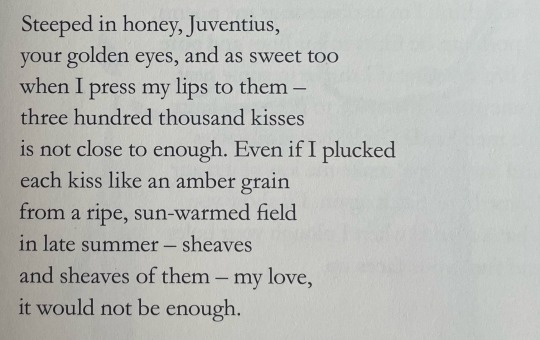





happy valentine’s day!
Tia Williams, Seven Days in June | Mikko Harvey, “For M” | Niall Horan, “You Could Start A Cult” | @mjalti | Catullus, 48 | Queen Charlotte: A Bridgerton Story | @kanyasstuff | @chloeinletters | Plutarch, Moralia | @/vwictims on X
#tia williams#seven days in june#mikko harvey#for m#niall horan#the show#catullus#queen charlotte#bridgerton#plutarch#quotes#web weave#web weaving#lovecore#words#💌#mine#valentines day#love#poetry#prose#literature#book quotes#on love#love poems#lyrics#valentines
203 notes
·
View notes
Text
Plutarch. My man. Are you telling me Gaius Gracchus kept his audience's attention by taking off his clothes? Are you telling me other Roman politicians started doing that too??
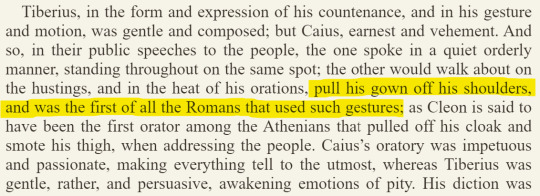
Plutarch, Life of Tiberius Gracchus
177 notes
·
View notes
Text
imagine this: you're the baddest bitch in the Roman Republic. you have spent the past few decades fighting, fucking and planning to take control of the known world. you've killed millions of people. you became the fucking pontifex maximus and used some guy's idea to reinvent the calendar. you were the first roman to have a terrible vacation experience in the UK. you won a civil war. your best friend likes to commission naked statues of you and stand in front of them calling you a king at parties.
it's the 15th March 44 b.c.e and life is good. the people love you and you just became a dictator for life. you leave your mansion, ignoring your wife's pleas for you to stay (venus above that woman is in love with you) and shake off the soothsayer who keeps following you around and talking about your doom (spurinna is obsessed with you). you swagger into work, sit down, and are immediately stabbed by a bunch of your coworkers. you stagger around for a bit feeling sorry for yourself, before collapsing down dead at the statue of the guy that you had that civil war against. what a way to go.
#can you imagine?#all that work just to be stabbed by a bunch of wannabe revolutionaries#wearing togas#only for the guy after you to just use all of that power you created anyways?#kind of embarrassing ngl#ides of march#julius caesar#caesar#et tu brutus?#ancient rome#gaius julius caesar#gaius cassius longinus#marcus junius brutus#marcus antonius#spurinna#calpurnia#plutarch#life of caesar#classics#titus livius#tacitus#pompey the great
670 notes
·
View notes
Quote
You must not fight too often with one enemy, or you will teach him all your art of war.
Plutarch
495 notes
·
View notes
Quote
You must not fight too often with one enemy, or you will teach him all your art of war.
Plutarch
#Plutarch#motivation#quotes#poetry#literature#relationship quotes#writing#original#words#love#relationship#thoughts#lit#prose#spilled ink#inspiring quotes#life quotes#quoteoftheday#love quotes#poem#aesthetic
368 notes
·
View notes
Text
Lucian's Library 6
Feel free to suggest never written books you wish you could read.
Some items suggested by impatient readers for still living authors.
#Terry Pratchett#Discworld#Gnu#Lay of Eárendil#JRR Tolkien#The Princess Bride#Robert Jordan#Wheel of Time#Wan Shi Tong's Spirit Library#Avatar: the Last Airbender#Clive Barker#Abarat#Rosemary Kirstein#Steerswoman Series#The Aeneid#Virgil#The Fuzzy Sapiens Series#H. Beam Piper#Plutarch#Epaminondas#Melanie Rawn#Exiles Series
55 notes
·
View notes
Quote
You must not fight too often with one enemy, or you will teach him all your art of war.
Plutarch
#Plutarch#motivation#quotes#poetry#literature#relationship quotes#writing#original#words#love#relationship#thoughts#lit#prose#spilled ink#inspiring quotes#life quotes#quoteoftheday#love quotes#poem#aesthetic
116 notes
·
View notes
Quote
You must not fight too often with one enemy, or you will teach him all your art of war.
Plutarch
#Plutarch#motivation#quotes#poetry#literature#relationship quotes#writing#original#words#love#relationship#thoughts#lit#prose#spilled ink#inspiring quotes#life quotes#quoteoftheday#love quotes#poem#aesthetic
243 notes
·
View notes
Text

Quote of the day...
50 notes
·
View notes
Text
The Second Day of Julius Caesar
Everyone knows what Julius Caesar's last words were. It's pretty much the most iconic line of all time! Et tu, Brute? (which means "And you, Brutus?") That is just pure poetry. Julius Caesar really is so cool. His last words were probably the best and most amazing last words anyone ever had ever.
Look, it's even one of The Best Latin Lines Ever according to the cover of this book.
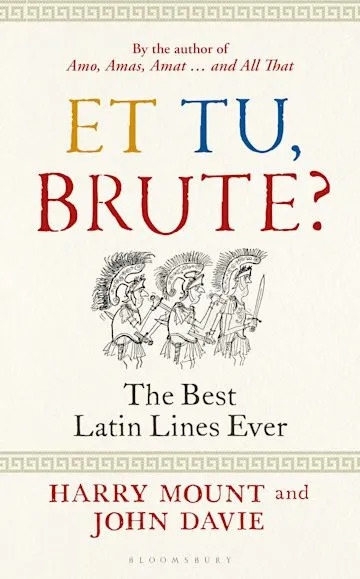
But did Caesar really say it? (Nope!)
It's a Shakespearean invention! (that's going to be a common theme in this series) However, the idea that these were his last words actually isn't entirely Shakespearean. "Et tu, Brute?" weren't Julius Caesar's last words in the play! His true last words before dying were "Then fall Caesar."

Good golly that is old. But as you can see, Julius Caesar's last words here are "Et tu Brute?—Then fall Caesar." (forgive me, I mean Cæſar).
Aww look at him talking about himself in the third person. Adorable. Maybe my last words should be "Then fall @theromaboo."
While we're still on the topic of "Et tu, Brute?" I just want to fix a few of my pet peeves when people quote this. It is not "Et tu, Brutus?" Latin has cases. Brutus here is in the vocative because Caesar is calling Brutus by his name. The vocative of Brutus is Brute. It has to be Brute.
Neither is it "Et tu, Bruté." What is that accent doing? In modern Latin, acute accents are most commonly used to show that a syllable is stressed. And in ancient Roman Latin inscriptions, a mark that looks very similar to an acute accent (called an apex) is sometimes used to show that a vowel is long. Neither usage makes sense here with Bruté. I think what happened is that people are getting confused with French (a very common mistake!) and because Brute is pronounced with two syllables, people add an accent at the end to make it have two syllables, because without the accent, it would just be Brute, with one syllable, because that's how it works in French. But Latin doesn't care about that!
Anyway, there is no ancient source that says Julius Caesar's last words were "Et tu, Brute?" or "Then fall Caesar."
I can already hear an Italian saying "Those weren't Giulio Cesare's last words; he actually said tu quoque—" You're also wrong! (sorry italians)
There is no ancient source that says that Julius Caesar's last words were "Tu quoque, Brute, fili mi?" or "Tu quoque, mi fili?" or any other similar version (they all mean "You too, (Brutus), my son?" I find that the first one is generally used by Italians and the second is generally used by French people, and almost the entire continental Europe seems to use some sort of version of "Tu quoque. . ." However, there might be even more versions of Julius Caesar's last words in other languages. I only really interact with English, Italian, and French, so if you know any other versions from different languages, do tell me!)
Okay, now we know a lot of stuff Caesar didn't say, but what were Julius Caesar's real last words?
We don't know! (yipee!)
Shakespeare's main source was a translation of a translation of Plutarch's Parallel Lives, but nothing similar to the Shakespearean last words can be found there.
Plutarch tells us that after Caesar got a teeny little stab from Casca, he said in Latin, "Foulest Casca, what are you doing?" I'm assuming he said this in the exact same way the stepsister says to the stepbrother—but the annoying thing is that Plutarch doesn't give us the Latin, he just gives us the Greek translation of the Latin (classic Plutarch) (if you want to know the Greek, it's "Μιαρώτατε Κάσκα, τί ποιεῖς?")
Suetonius, meanwhile, gives us a different story. He says that right before the stabbing started, this dude called Cimber grabbed Caesar by the shoulders. Caesar said "Why, this is violence!" and then immediately got stabbed by Casca. Then he didn't say anything else throughout the stabbing; he just groaned at the first stab. So that means that his last words would've been, yes, "Why, this is violence!" ("Ista quidem vis est!" in Latin). Biggest understatement of 44 BC!

There is yet another common version of Caesar's last words, and they are "What is this? Such violence against Caesar!" which is bit of a poor interpretation of this.
Anyway, Suetonius says that "Some have written that when Caesar saw Brutus rushing at him, he said 'Καὶ σύ τέκνον?'" (which means "You too, child?") This is definitely most similar to the most common ideas of Julius Caesar's last words ("Et tu, Brute?" and "Tu quoque. . ."). Pretty much the only difference is that "Καὶ σύ τέκνον" is Greek. In fact, people often claim that Caesar's last words were "Tu quoque, Brute, fili mi?" by citing Suetonius, even though Suetonius doesn't say that.
I would treat this with a bit of caution though, because Suetonius is distancing himself from this claim, saying that "Oh, other people have written. . ." Clearly Suetonius doesn't really believe it himself. And, no offense to Suetonius, but if Suetonius is unsure of this, I would be too. Suetonius notoriously treats official government documents and rumors his nonna heard on the streets as equally valid sources.
Besides, would you be able to speak after being stabbed? I know Caesar isn't the average person, but Caesar is still a person. I'd imagine that one would be a bit too shocked to speak in such a high stress situation. And saying something deep about Brutus, no less! But, as always, I don't know for sure. Maybe Caesar did say something after getting stabbed, but I'm with Suetonius on this one and my best guess is that he did not.
Cassius Dio also writes about this. He pretty much says the exact same thing as Suetonius, except that he does not mention Caesar saying "Why, this is violence!" Dio also believes that Caesar didn't speak after he got stabbed, but he does mention "some writers" who say that Julius Caesar's said to Brutus "Καὶ σύ τέκνον?" (sound familiar?)
So yeah, moral of the story, no one can agree on Caesar's last words! Good gods, I spent the better half of my Saturday researching and writing this. I am so sorry for you poor souls who had to read all this. If you want to read the relevant parts of the ancient sources themselves, here they are:
Plutarch Parallel Lives, Julius Caesar, 66.7–8
Suetonius, Life of Julius Caesar, 82.1–2
Cassius Dio, Roman History, Book XLIV, 19.4–5
#the 15 days of julius caesar#julius caesar#roman history#ancient rome#et tu brute#tu quoque brute fili mi#history#cassius dio#suetonius#plutarch#ides of march#the ides of march
31 notes
·
View notes
Text
POV: You are a pirate who has captured 19-year-old Julius Caesar. He got offended by how low the ransom you asked for him was, and told you to double it. This is probably the only reason you haven't killed him yet, because he insists on making you listen to his lawyer speeches and bad poetry in the meantime.

Plutarch, Life of C. Caesar, 2.
#i love the pirate story so much as a piece of writing#i could write a whole literary analysis of just this passage and how it's so well done#julius caesar#pirates#jlrrt reads#plutarch#just roman memes
65 notes
·
View notes
Text

CANNOT stop laughing at this one question in the quaestiones romanae like. answer: we love a slut. next question
182 notes
·
View notes
Text

Alexander the great left oversized props behind when he was retreating in India to make the locals think he and his horses were huge lmfao.
#this guy lmao. unfortunately im feeling fond. oh he's bloodthirsty powerhungry probably evil by my standards#but he had a really entertaining personality it must be said. and he wss sneaky sometimes. i appreciate that#plutarch#alexander the great
154 notes
·
View notes
